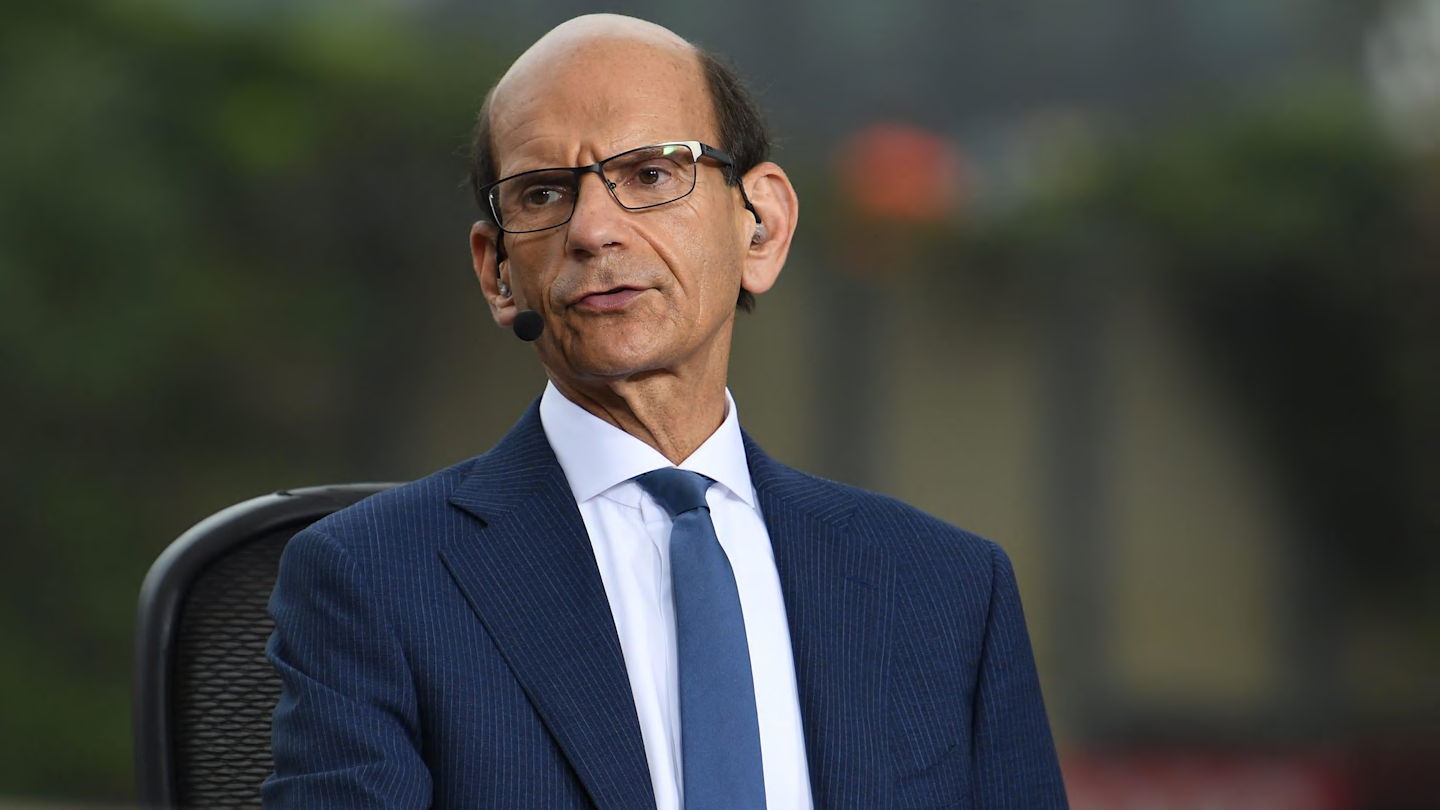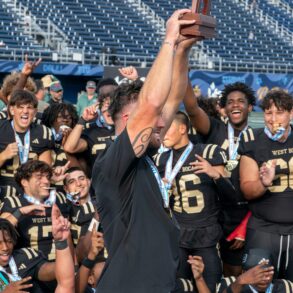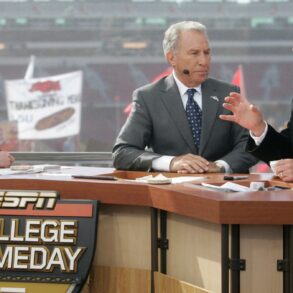
After months of speculation, Judge Claudia Wilken approved the House v. NCAA settlement on Friday night. It has set the stage for multiple changes that will alter the landscape of college football.
It marks the beginning of the revenue-sharing era of college athletics, which will begin on July 1. Programs will be able to share $20.5 million with student athletes, with each sport receiving a set percentage of that total amount. It is expected that the total amount will increase in future seasons.
ESPN’s Paul Finebaum shared his thoughts on the future of college football during an appearance on McElroy and Cubelic in the Morning. Finebaum started by questioning the authority of the NCAA and the lack of enforcement that has plagued the sport over the past few seasons.
“To me, the most significant thing that is easy to digest is the NCAA is no longer in the enforcement business,” Finebaum said. “This is not a surprise because they really haven’t been in a long time, which makes me wonder, and I know this new attorney that’s in charge talks a good game just like the last group talked a good game, but is anyone really going to be serious about enforcement? And the answer is no.”
Since the settlement was approved, the College Sports Commission will be in charge of enforcement. The commission named former MLB executive Bryan Seeley as CEO shortly after the settlement was approved. Seeley is a former U.S. attorney and has served as the senior executive vice president of investigations since 2014.
Finebaum also hinted that the rich will continue to get richer, offering a bleak outlook for programs that are not among the traditional powers in the sport.
“Because there’s still loopholes, there’s still ways to cheat, and ultimately, I don’t think much has happened here except the top of the pyramid is going to continue to succeed,” Finebaum continued. “And if you’re in the middle or the bottom, you have virtually no chance at success.”
Finebaum’s pessimistic outlook prompted McElroy to ask if this signaled the end of an even playing field for mid-major programs.
“Greg, no one will ever admit that, but you’re 100 percent correct. And I really don’t know how most colleges will be able to stay in this lane,” Finebaum said. “I think we’ll see another big bang explosion. I’ve heard people talk about it’s time for the conferences to leave the NCAA, and that’s already happened.”
This post was originally published on this site be sure to check out more of their content.





